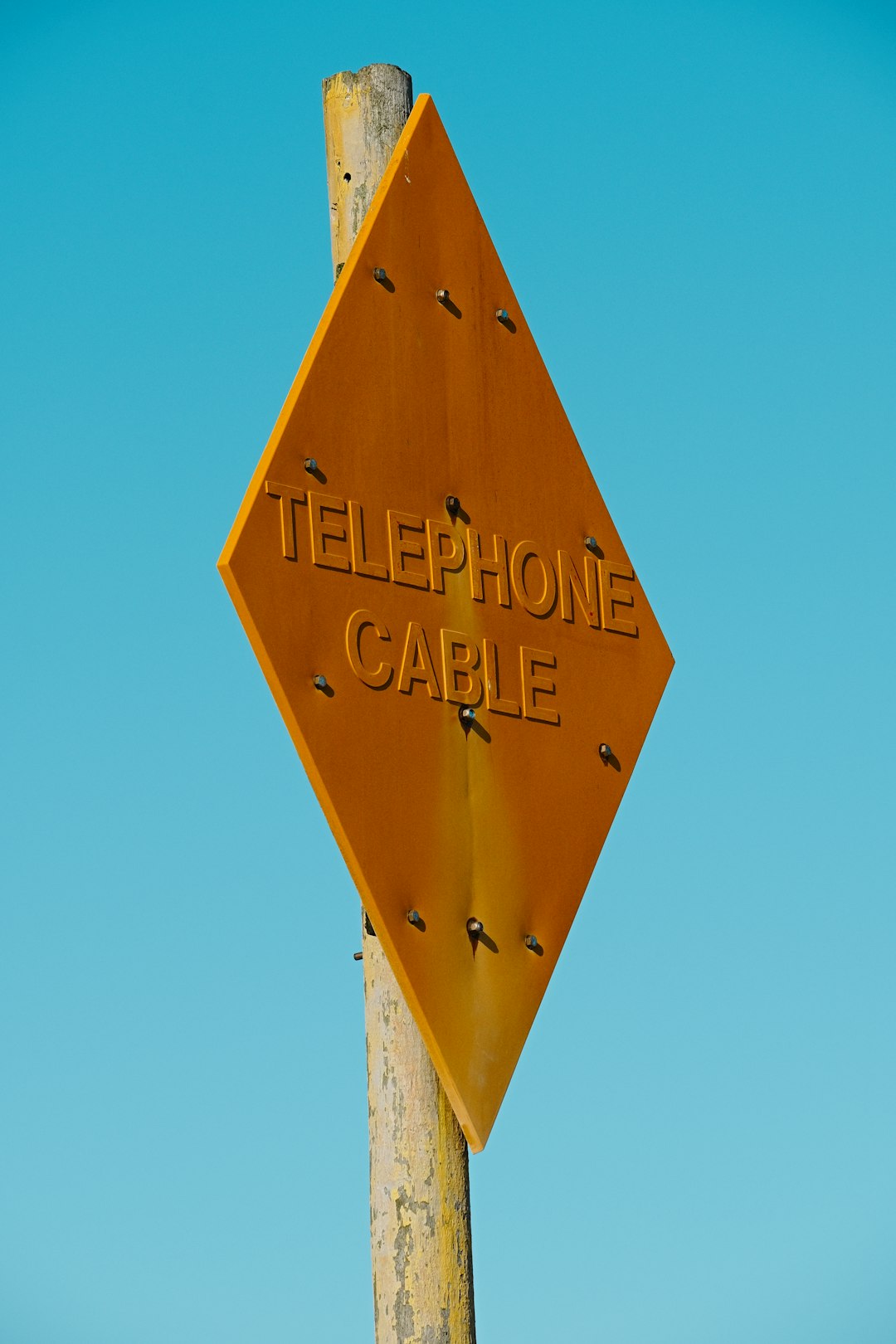Robocalls, often associated with fraud in Colorado, are restricted by laws like TCPA, but exemptions exist for government and non-profits. While blocking all robocalls is challenging due to advanced scammer technologies, Coloradans can protect themselves using call-blocking apps that identify and block unwanted calls based on databases and algorithms. By staying informed about Colorado's robocall laws and employing these apps, residents can reduce the risk of falling victim to fraudulent activities. Apps like TrueCall, Hiya, or NoCall are readily available on App Store and Google Play, offering easy setup and manual addition of numbers to blocklists, with regular updates for optimal protection under Colorado's robocall laws.
Tired of unwanted robocalls on your Colorado cellphone? You’re not alone. With evolving technologies, these automated calls have become a persistent nuisance. However, good news! Colorado has specific laws in place to combat robocalling. In this article, we’ll explore app-based solutions to effectively block robocalls. We’ll break down the legal landscape of robocalls in Colorado and provide a step-by-step guide on downloading and using top-rated blocking apps, empowering you to regain control over your phone lines.
Understanding Robocalls and Their Legal Status in Colorado

Robocalls, automated phone calls or texts delivered en masse, have become a widespread nuisance across the United States, including Colorado. While some robocalls are from legitimate sources like political campaigns or survey companies, many are associated with fraud and scams designed to trick recipients into providing personal information or money. In Colorado, as in other states, the use of automated calls for marketing purposes is regulated by law. The Telephone Consumer Protection Act (TCPA) restricts businesses from making robocalls without prior express consent. However, there are exemptions for certain types of calls, such as those from government agencies or non-profit organizations.
Despite these legal frameworks, blocking all robocalls can be challenging due to the constant evolution of call-blocking technologies and tactics employed by scammers. In Colorado, consumers have several options to mitigate the impact of robocalls, including installing call-blocking apps on their cellphones. These apps use a combination of databases and algorithms to identify and block unwanted calls, providing a more effective layer of protection than built-in call screening features. By staying informed about current robocall Laws Colorado and utilizing these apps, residents can regain control over their phone lines and reduce the chances of falling victim to fraudulent activities.
Exploring Effective App-Based Solutions for Blocking Robocalls

In today’s digital era, robocalls have become a persistent nuisance across the United States, including the state of Colorado. With advancements in technology, however, there are effective app-based solutions available that can significantly reduce the number of unwanted calls, especially from automated robocallers. Exploring these tools is a proactive step towards regaining control over one’s phone lines.
Many apps have emerged with robust features to combat robocalls, leveraging machine learning and community-driven reporting systems. These applications analyze call patterns and use advanced algorithms to identify and block suspected spam calls. In Colorado, where the robocall Laws are stringent, such apps play a crucial role in ensuring residents’ privacy and peace of mind. By downloading these tools, users can easily manage their call settings, report pesky calls, and stay protected under the state’s anti-robocall regulations.
Step-by-Step Guide: Downloading and Using Robocall Blocking Apps on Your Colorado Cellphone

Blocking robocalls is now easier than ever with dedicated apps available for your Colorado cellphone. Here’s a step-by-step guide on how to download and use these powerful tools, staying ahead of intrusive automated calls thanks to Colorado’s robocall laws.
1. Choose an App: Start by selecting a reputable robocall blocking app from the App Store or Google Play. Popular options include TrueCall, Hiya, and NoCall. Each offers unique features, so pick one that aligns with your needs.
2. Install and Set Up: Once downloaded, install the app on your device. Most apps will prompt you to grant permissions for call logging and blocking. Follow the on-screen instructions to set up your account and personalize settings, like allowing specific contacts through or creating custom blocklists.
3. Start Blocking: After setup, your app is ready to identify and block robocalls. By default, it should automatically filter out known spam calls. You can also manually add numbers to your blocklist if you encounter suspicious calls not caught by the app’s database.
4. Stay Updated: Keep your app updated for optimal protection. Robocall laws and techniques evolve, so regular updates ensure your app stays ahead of spammers, providing maximum coverage against unwanted calls in Colorado.






